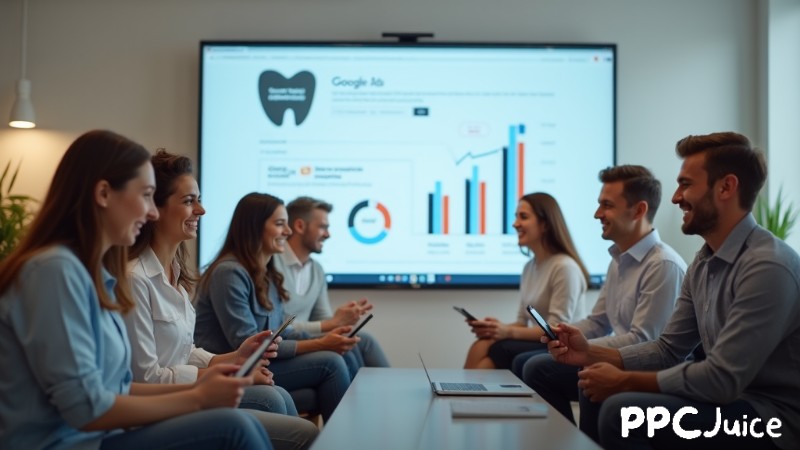
Search Engine Optimization (SEO) is undergoing a fundamental shift as Artificial Intelligence (AI) changes how content is discovered and displayed online. AI Search Optimization (AISO) is replacing traditional keyword-driven approaches, emphasizing user intent, content structure, and topical authority. This transformation is altering both organic search behavior and digital advertising strategies.
Google’s AI-generated search responses now embed advertising content directly within answers, blurring the line between paid and organic results. These ads, unlike standard formats, are contextually embedded in AI outputs and presented during critical decision-making moments.
The seamless integration boosts visibility but raises concerns about user clarity, as distinguishing between unbiased information and sponsored content becomes more difficult. In this evolving landscape, businesses seeking to optimize visibility in AI-generated results are increasingly turning to a Google Ads expert for hire to navigate complex ad placement strategies.
New metrics define visibility and engagement
Traditional rankings are giving way to AI-specific performance indicators. Brands must now measure success through metrics tailored for algorithm-driven environments. These include AI Overview impression share, conversation depth, context relevance score, and entity association strength.
These parameters provide insight into how often a brand is surfaced in AI responses, how effectively it engages in user conversations, and how strongly it’s associated with particular topics in knowledge graphs.
Research shows that AI-generated search abstracts can reduce click-through rates by up to 64% in certain sectors, underscoring the urgency for businesses to adjust their strategies. With AI offering direct answers, users may bypass traditional website links, diminishing organic traffic.
This makes it crucial for brands to be recognized entities within AI systems to maintain visibility. Partnering with a PPC agency can help businesses adapt their campaigns for AI-driven environments and maintain strong digital presence.
Strategic adaptation for the AI era
To stay competitive, marketers should create AI-friendly content using schema markup, Q&A formats, and authoritative sources. Focusing on thematic relevance over isolated keywords improves visibility within AI systems.
Testing across platforms like Google, Bing Copilot, ChatGPT, and Perplexity helps assess both organic and paid performance. As real-time AI ads grow, dynamic, context-driven formats are becoming key to effective engagement. The move from static rankings to contextual intelligence marks a new era in search marketing.

